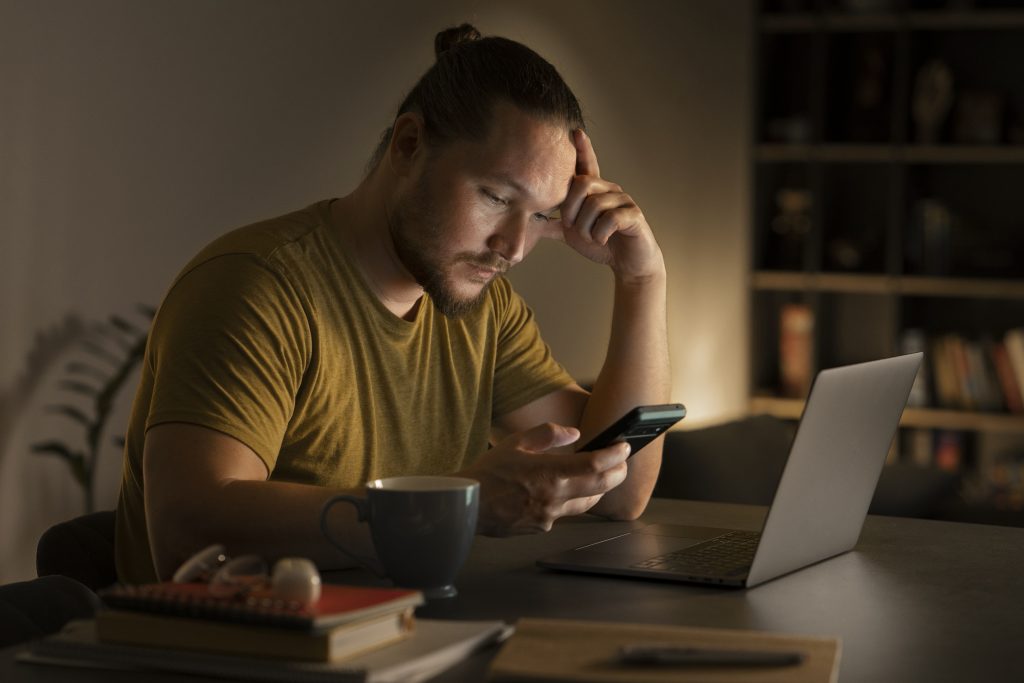Understanding the logic behind not checking email in the morning can reshape how we start our days. This approach is gaining traction in both education and professional environments as a way to protect focus, reduce stress, and increase productivity from the first hour onward.

Why Email First Thing Isn’t Ideal
It Starts the Day Reactively
Checking email early often means responding to external requests before addressing your own priorities. That reactive start can hijack your focus and affect the structure of your entire day.
Cognitive Energy Is Wasted
Mornings are your brain’s prime time. Engaging with routine email tasks burns through this valuable cognitive fuel when it’s better used for deep, meaningful work.
Email Triggers Stress
Even brief exposure to negative or complex emails can spike cortisol, increase anxiety, or disrupt mental flow. Holding off helps preserve your calm.
The Science Behind It
-
Studies show task-switching from email reduces cognitive performance for up to 25 minutes per interruption.
-
Brain research confirms we have peak attention and problem-solving ability in the first 2–4 hours after waking.
-
Behavioral science links delayed email checks to more strategic decision-making and reduced digital fatigue.
A Step-by-Step Guide to Delaying Morning Email
1. Define Your Email-Free Window
Start with a small, practical commitment—avoid email for the first 60–90 minutes of your workday. Adjust based on role and schedule.
2. Design a Priority-First Routine
Instead of checking your inbox, begin the day by addressing one task that requires creative or strategic focus. It could be lesson planning, writing, or design.
3. Turn Off Notifications
Disable visual and audio cues. Keep devices on “Do Not Disturb” mode during your focus block.
4. Use Batching Later in the Day
Set one or two dedicated windows for email, ideally late morning and mid-afternoon. Limit each session to 20–30 minutes.
Real-World Applications
In Schools
Teachers and administrators benefit from using early hours for grading, curriculum planning, or student engagement—not inbox cleanup.
In Higher Education
Researchers and students often do their most valuable work before meetings or messages interrupt the flow.
In Offices
“Email-free mornings” help teams structure project work more effectively. Policies like “no email until 10 a.m.” have gained popularity in many progressive companies.
Addressing Common Concerns
-
“What if something urgent comes up?” → Use voicemail or instant messaging for emergencies. Let key contacts know your morning availability policy.
-
“Email is part of my routine.” → Replace it with planning or journaling that aligns with your values and sets your intentions for the day.
-
“It’s not practical in my role.” → Start small—just 30 minutes of inbox-free time can still make a difference.
Long-Term Benefits
-
Increased deep work productivity
-
Less anxiety and fewer distractions
-
Stronger boundaries between your agenda and external demands
-
Better task prioritization and emotional clarity
-
Overall improved time management
How to Measure Your Progress
-
Track time spent on email versus creative work
-
Note focus quality before and after checking email
-
Record daily stress levels or mental clarity in a log
-
Monitor inbox volume changes when batching responses
Conclusion
Practicing the logic behind not checking email in the morning means reclaiming your cognitive space, focus, and emotional clarity. As schools and workplaces shift toward smarter scheduling and intentionality, choosing not to open your inbox first thing is a practical, science-backed move toward a healthier, more productive day.
References
- Halfaker, A. (2020). I Stopped Checking My Email Every Morning, and It Reduced My Stress. Business Insider.
- Hanselman, S. (2014). Don’t Check Your Email in the Morning. Scott Hanselman Blog.
- Krumina, K. (2021). Unconscious Email Use Is the Biggest Threat to Workplace Productivity. Benefit News.









